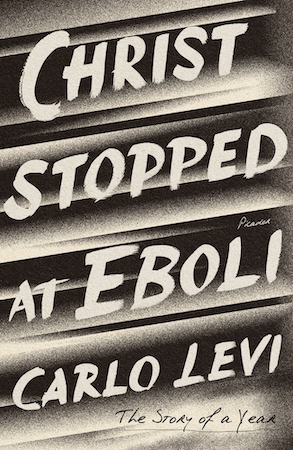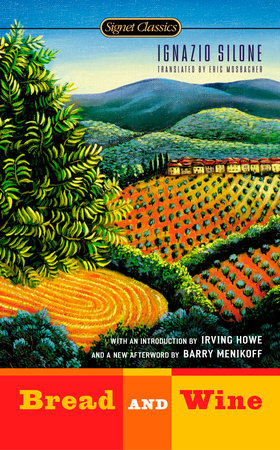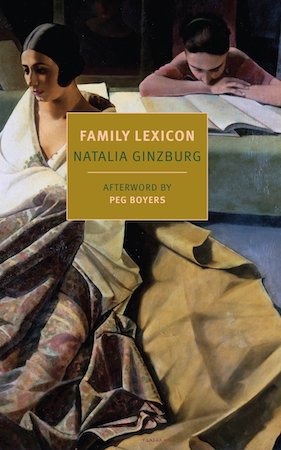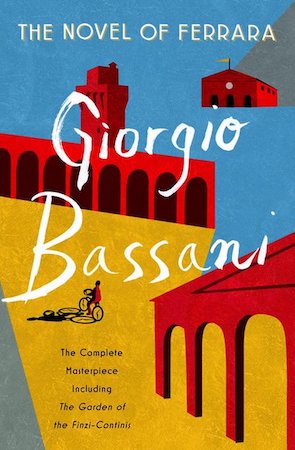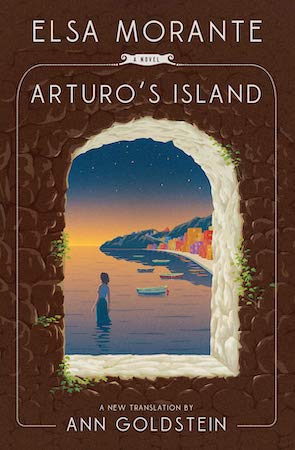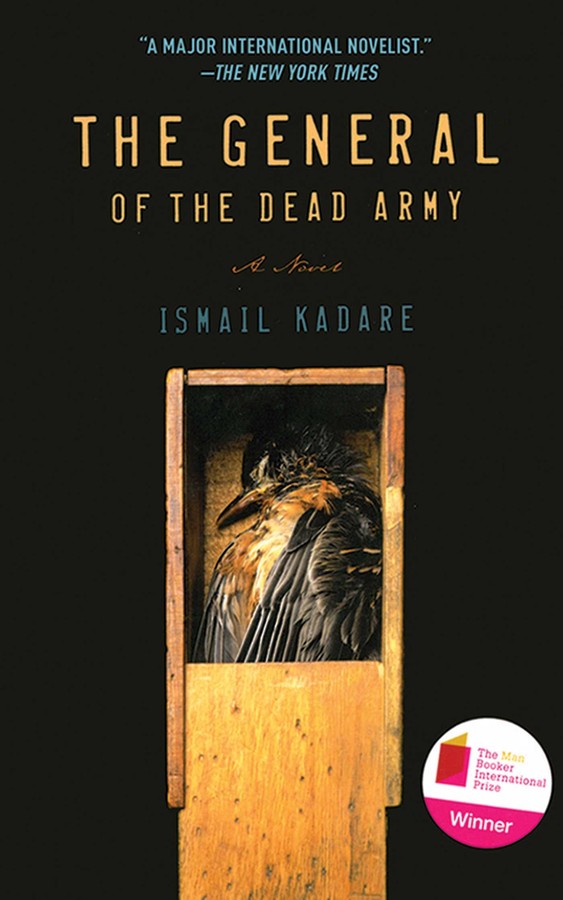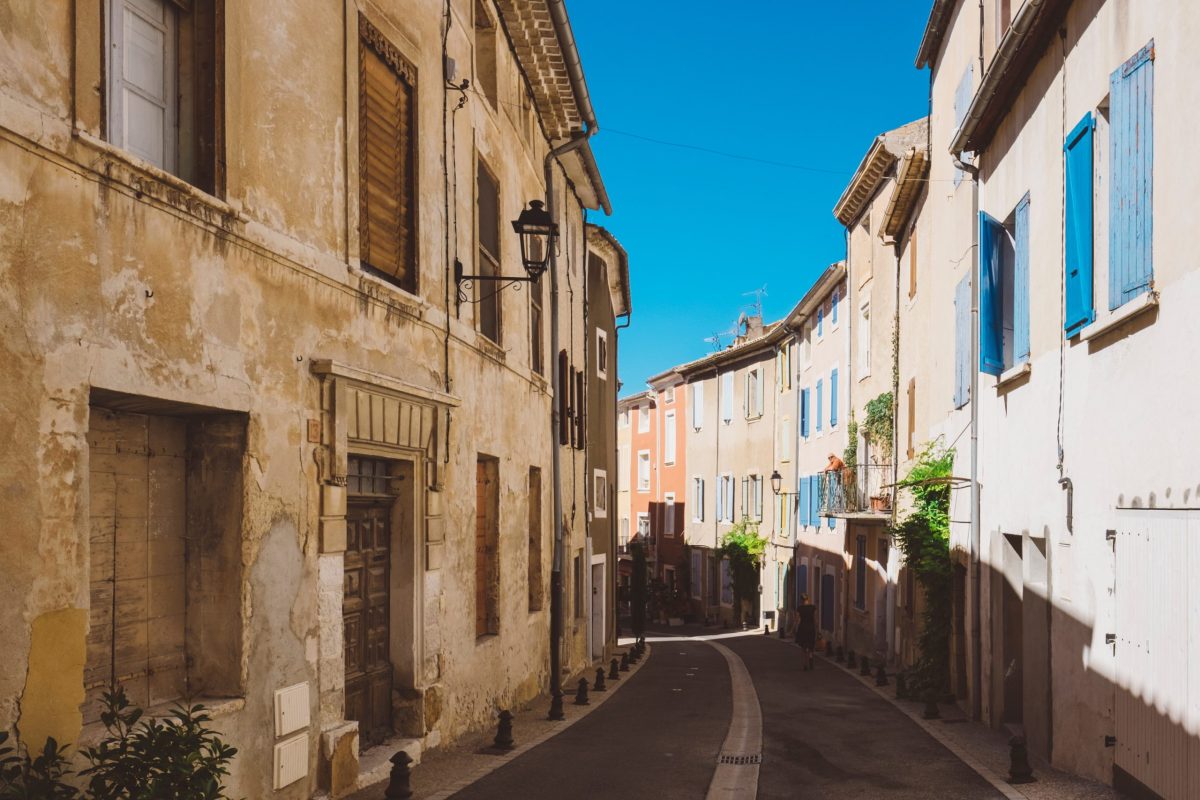Reading Lists
8 Novels in Translation About Living Under Italian Fascism
Nicola DeRobertis-Theye, author of "The Vietri Project," recommends books that take place against an ominous political background
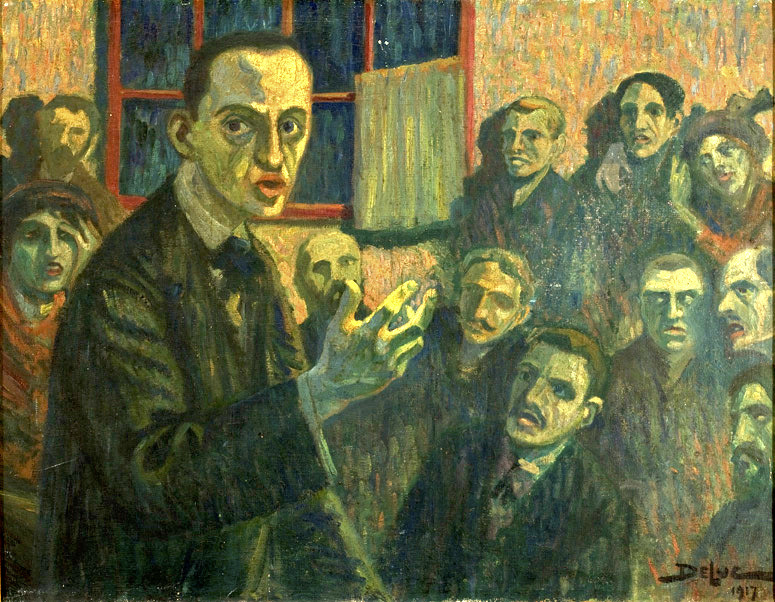
Italians lived under fascism for over two decades; long enough to shape the lives of multiple generations, long enough for it to feel normal. Mussolini assumed power in 1922, and the violence that followed began with the repression of the free press, the mistreatment of those deemed political enemies, and the cruel neglect of many unindustrialized parts of Italy, especially in the South. In 1935, aspiring to a colonial empire to rival the other European powers, Italy invaded Ethiopia, a sovereign nation, and three years later, the country, now allied with Nazi Germany, passed racial laws which ultimately culminated in the Holocaust. Italian fascism, with its violently imperialist aspirations, did not only affect Italians, or the Italian peninsula: in addition to Ethiopia, it invaded or occupied (including but not limited to) Somalia, Libya, Greece, Albania, Yugoslavia, Egypt, Tunisia, and, for good measure, part of France. And after the Allied invasion in 1943, Italy endured what was essentially a civil war, and by the end of World War II, its mostly conscripted army was scattered into POW camps across the globe.
When I started writing The Vietri Project in 2015, I knew the novel would take the shape of a narrator’s attempt to trace a stranger’s life in Italy, a man encountered while working in a Berkeley bookstore, and that it would be a long life, one spanning the last century of Italian history. This, of course, meant researching and writing about the fascist period, an often panic-inducing activity during the Trump years, as my search mirrored my narrator’s.
These novels, set during the Italian fascist era, have characters whose dilemmas and heartbreaks take place against an ominous—but in some cases only occasionally intruding—political background. They have wordplay and long meals and trips to the mountains, soulful dogs and unhinged landladies and complicated fathers who are adored or despised, academic struggles and young people arguing about politics over drinks late into the night. They also have abject cruelty, vanished worlds, semi-mythic islands, prisoners, communists, socialists, memorable graveyards, villages forgotten by the outside world, and neighbors turning into strangers or the people who will send you to your death.
Christ Stopped at Eboli by Carlo Levi, translated by Frances Frenaye
There is a character based on Carlo Levi in my novel, and I found myself frequently needing to change his story to make him less interesting; what was true seemed outlandish when fictionalized. This memoir covers the three years of his exile in a small village in the desiccated Basilicata region in the mid-1930s, a common punishment at the time for opposition to the fascist regime. A doctor, painter, journalist, and poet, he is a lonely, observant, deep-souled guide to the quiet violence of the lives of the peasants of Italy’s unindustrialized South, where children beg in the streets not for money or candy but quinine pills to alleviate their malaria, and villagers are allowed to die painfully and preventably from broken bones and burst appendices, their families unable to afford the useless, nearly blind village doctor. The character sketches are unforgettable: his landlady, a known witch, her lover, a violent albino, the painter himself, who wanders the town and naps in open graves, the only source of shade in the deforested landscape.
The Path to the Nest of Spiders by Italo Calvino, translated by Archibald Colquhoun
Calvino’s first novel is, surprisingly, a work of realism, but it is a deeply strange and imaginative book in its own way. It follows a young boy who runs away after stealing the gun of a German soldier and joins a band of partisans living in the woods, part of the resistance against the fascists and occupying Nazi soldiers. Though often violent and out of control, our narrator is still a child, unable to fully comprehend the adult intrigues, romances, and risk of death his companions face. What he longs for, ultimately, is a true friend to show the discovery of his young life: the place where spiders make their nests.
Bread and Wine by Ignazio Silone, translated by Eric Mosbacher
I first read this book in high school, when I picked up a used copy at a bookstore in Oakland. I had almost no context for my read of it, but I was interested in Italy, I loved bread, and I had the feeling that when I was old enough, I would like wine. But a cheery novel about the simple pleasures of Italian food this is not. The novel follows a young communist who goes to a remote village in the Abruzzo region disguised as a priest, both in hiding and hoping to rally the peasants against the fascist regime. He falls in love, a tough break when you’re supposed to be a priest, but even that is no comfort; its chilling ending has stayed with me in the decades after.
Family Lexicon by Natalia Ginzburg, translated by Jenny McPhee
I was about ten pages into this book when I knew I was reading something truly great, a book that would become one of my favorite novels. It’s a masterpiece of forceful language, featuring a specific delight immediately familiar to those from big families, of wordplay, inside jokes, and the changing and shifting allegiances among siblings. It’s also a guide to the major figures of the Italian intellectual and political left of the ’20s and ’30s, names unchanged; the portrait of a tyrannical but mostly nonviolent and rather ineffective father; and an elegy for the costs, almost unbearable, of being a family of antifascists who oppose a violent and mostly effective regime.
The Novel of Ferrara by Giorgio Bassani, translated by Jamie McKendrick
A kaleidoscopic novel of the walled city in the Emilia-Romagna region in which our narrator slowly emerges as a character himself, one of the members of Ferrara’s Jewish community, “a great number of whom, within a few years, would be swallowed up by German crematoria ovens”. The destruction of this community, witnessed and aided by former friends and neighbors, is viewed and reviewed through a series of indelible characters. We meet the one Ferranese Jew (out of 183) to return from the German death camps; a beloved doctor, gay and tolerated until he is no longer; lonely siblings raised behind the walls of a villa; and our narrator’s father, an early member of the Fascist party who is ousted from the group 20 years later.
Arturo’s Island by Elsa Morante, translated by Ann Goldstein
The author’s History is much more explicitly about the horrors of the fascist regime, specifically the wartime years, but the shadow of living under fascism is present in this novel as well, though no political figures or events are mentioned until “the war” happening off-stage is acknowledged in the final chapters. Instead, this is a coming-of-age novel, with frequently perfect and astonishing sentences, narrated by a young boy growing up mostly alone on an island in the bay of Naples. Arturo worships his mostly absent father and adopts his disdain for women, the island’s other inhabitants, and anything not heroic and masculine according to the naïve code he develops for himself in the absence of any other family, teachers, friends, or guidance (Rule One: THE AUTHORITY OF THE FATHER IS SACRED!). His lonely world is disrupted when his father marries and brings a step-mother, just two years older than Arturo, to live with them.
Beyond Babylon by Igiaba Scego, translated by Aaron Robertson
This is a beautiful, forceful novel, but I am cheating a bit by including it on this list; only one scene is set in Italian fascist-occupied Somalia. However, it is a harrowing, brutal scene that echoes down through the generations of all of the other characters in the book, whether they are aware of it or not. Primarily this is the story of two mothers and two daughters—set across Somalia, Argentina, Tunisia, and Italy—connected by a past they can only partially understand.
The General of the Dead Army by Ismail Kadare, translated by Derek Coltman
This is the best novel I know to reckon squarely with the aftermath of Italian fascism and the violence of the war that resulted. Set in Albania after WW II, the main character, a general, is sent to recover the bodies (now only bones) of the Italian soldiers sent there by the fascist regime, in order for the remains to be reinterred in Italy. Accompanied by a priest and encountering the generals of other nations in search of their own dead, their circumstances become stranger and more claustrophobic as they traverse the Albanian countryside. The final mystery, the location of a Colonel whose well-connected widow insists he be found, circles a violent story that the narrator, by the end, and unlike the reader, is mostly able to forget.





